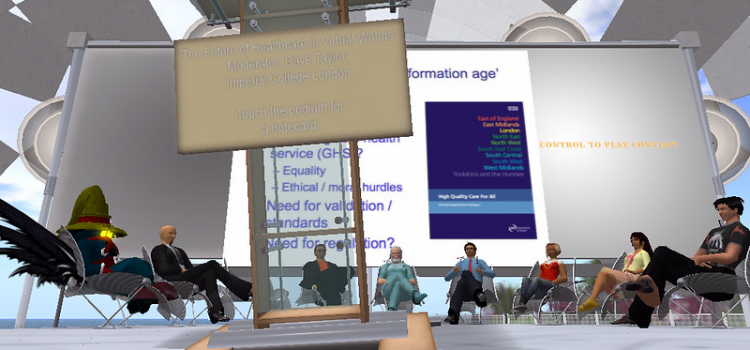In August 2009, I wrote an article questioning if blogs were losing their influence. In conversations over the last two weeks, I had reason to go back to it because I thought they were important things I’d said then which I need to check if they were still valid. If so, I thought they were worth repeating. I found the old article quite hard to read. I tried to simplify it, and clarify my proposed architecture. I have also tried to update it given the developments in the internet service provider space, both technically and commercially. It’s much harder to build a personal content graph these days; one needs to make it easy for people to find what you say! The revised article is on linkedin and medium. …
Are blogs still useful?








